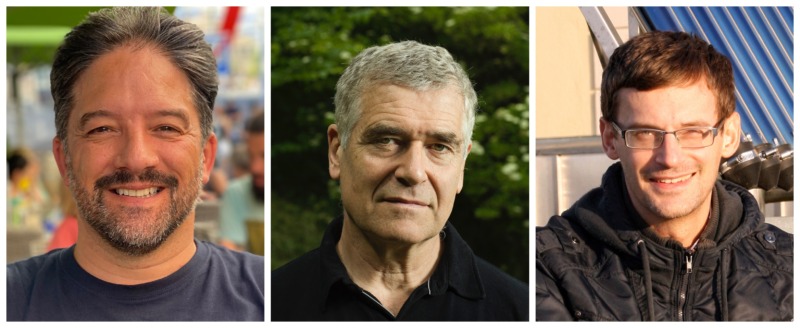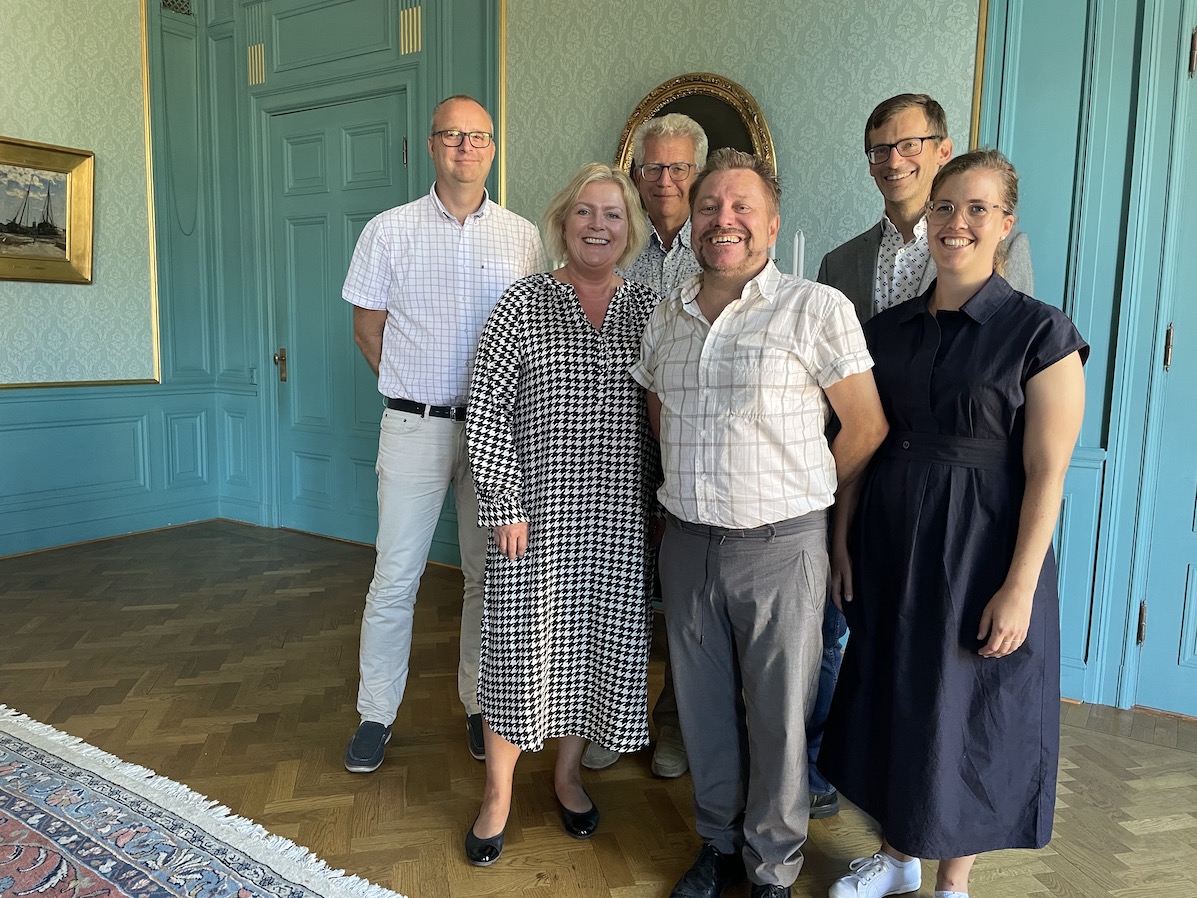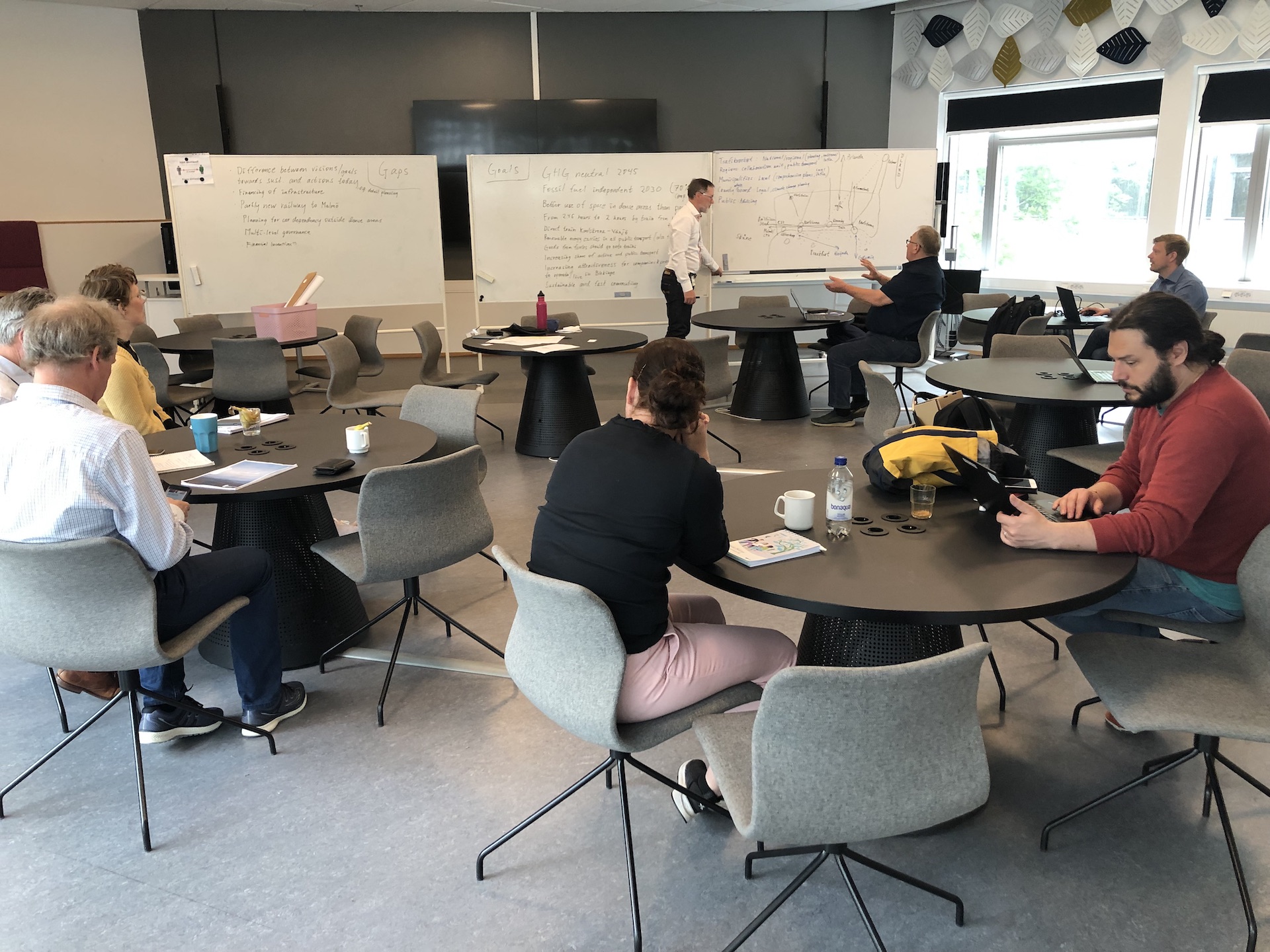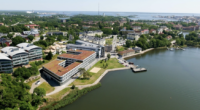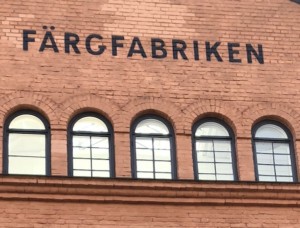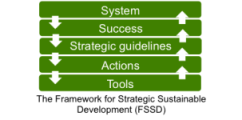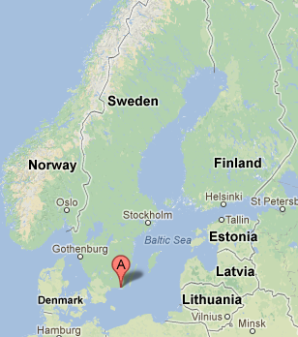.
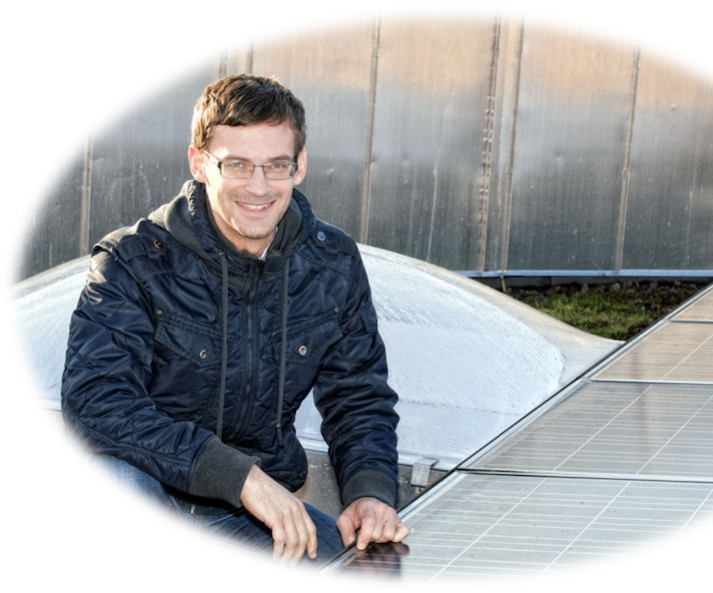
.
.
“Sustainable transport is urgent – but possible and affordable”
Dr. Henrik Ny, at the Department of Strategic Sustainable Development at Blekinge Institute of Technology
Read more about how this can be achieved in the English summary report or in the main report page (in Swedish).
Projects
Education and Training

.
.
– Are you interested to learn more about transitions to full sustainability?
Our team is involved in, and responsible for, several courses open for international students at BTH. Below is an excerpt of these courses where strategic sustainable development is the core theme.
In fall 2025, we have the pleasure to offer a new distance course in English about sustainable energy and transport systems. The aim of the course is to develop the student’s knowledge and understanding of current energy & transport systems, their sustainability consequences, and how they can be transformed strategically to sustainability. Some previous knowledge about strategic sustainable development is required, as well as earlier university studies.
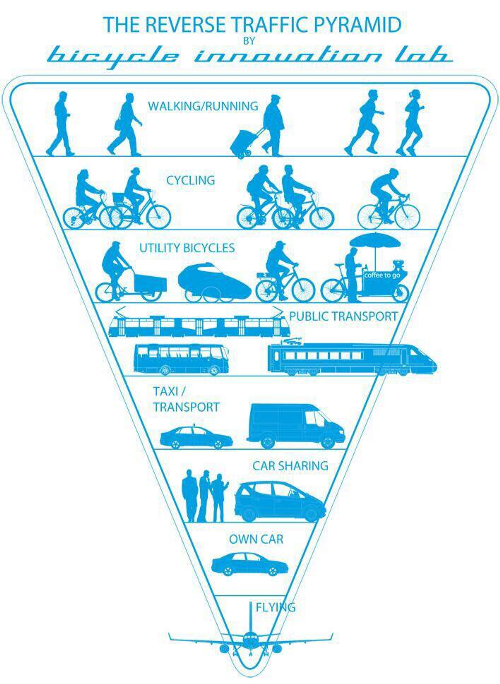
Introduction courses in Sustainable Development:
Foundations for Strategic Sustainable development, 7,5 cr (SL2567)
In early fall and early spring, we and colleagues at the TISU department offer 7,5 credit distance courses in English about introduction to strategic sustainable development. This is a great opportunity to learn about the framework for strategic sustainable development (FSSD), principles that defines sustainability, and the ABCD-approach to guide planning towards sustainability.
Introduction to Strategic Sustainable Development, 3 cr (SL2568)
The purpose of this self-paced introduction course is for the students to acquire basic knowledge of strategic sustainable development, just enough to fulfill the requirements for the course about sustainable energy- and transport systems 😉
Other sustainability related courses at TISU:
The TISU department at BTH offer a great variety of interesting campus and distans courses that are related to strategic sustainable development. A complete list of stand-alone and distance courses can be found at TISU’s BTH website.
Strategic Leadership towards Sustainability, 60 cr
The TISU department hosts a 1-year international master’s program in English on BTH campus about strategic leadership towards sustainability. This is highly recommended for anyone with a bachelor degree who would like to know more about how to support a transition to global sustainability by creating and implementing economically beneficial development of products, systems, organisations and societies.
Research team
We are a research team within the research area of Strategic Sustainable Development at the TISU department within Blekinge Institute of Technology. Guided by the framework for strategic sustainable development (FSSD), our research is focusing on accelerated transformation of energy and transport systems towards sustainability.
.
Selected publications
This report analyses and suggests the most sustainable pathways to fossil free freight traffic along the Southeast link (älmhult-Olofström and Olofström-Karlshamn’s Harbor). Transports to and from Volvo Cars in Olofström was used as a case to investigate how to achieve at least 40% climate- neutral transports by 2025 in a way that paves the way for fully fossil free and sustainable alternatives from 2030 onwards.
Read more about the paper through this link.
This paper reveals a process for how rapid scenario planning can support a regional sustainability transformation. Read more about the paper through this link.
Total Cost of Ownership Model and Significant Cost Parameters for the Design of Electric Bus Systems
The 3rd paper in the electric bus study has after four years of work been completed by Anders Grauers at Chalmers, SustainTrans member Sven Borén, and Oscar Enerbäck at RISE.
Written by Jyane Bryant and Giles Thomson and published in Sustainability Science in 2020, this paper presents a case study about embedding sustainability into a local government in Perth, Western Australia, through the introduction of a sustainability policy and the accompanying education and culture change program. Read more about the paper.
This report is a summary of a project conducted in 2019 about finding Challenges and Opportunities for shipping at large and Wallenius Marine towards sustainability.
This paper by Sven Borén published in the International Journal of Sustainable Transportation (2019) describes how significant savings in societal costs and total cost of ownership when electric buses were compared to diesel and biogas powered buses, mainly due to decreased noise, no emissions in the use phase, and decreased energy use.
Highlights of this paper written by Varvara Nikulina et al. (2019):
A conceptual framework for analysing complexity of transdisciplinary co-production settings with regards to three aspects.
• Selected aspects: epistemic communities, linguistic diversity, culture.
• Some aspects that a process leader/facilitator would likely need to deal with when preparing for a co-production process.
• Linguistic equality, disciplinary integrity, culture of mutual respect, simultaneous mitigation, informed facilitation.
The paper work primarily developed two stakeholder collaboration models, suggesting that charging infrastructure should be designed separately from the common procurement process. In these models, energy companies, electric grid owners, charging infrastructure operators, regional public transport authorities, and municipalities need to collaborate. The first model is designed for a system that includes chargers at certain locations along a route and/or stakeholders with a low level of experience of electric bus systems, while the second is designed for a system that includes bus charging at the depot and/or stakeholders with a high level of experience of electric bus systems.
This licentiate thesis by Varvara Nikulina was defended the 25th of January 2019 at Blekinge Institute of Technology. The overall conclusion is that there is a need for research that would show how mobility actors can contribute to resolve pressing issues related to climate change fast enough without compromising other aspects of sustainability, including how temporary trade-offs can be addressed in a strategic way.
This PhD thesis Sven Borén was defended the 18th of October at Blekinge Institute of Technology. It revealed if, and then how, electric vehicles (primarily electric cars and buses) can contribute to a sustainable development. Click this link to read more about it.
This roadmap report aims to investigate how electric vehicle systems can contribute to a faster transition to sustainable passenger transport in Southeast Sweden, as well as to present a methodology for guidance of similar work for faster transitions in other regions and sectors.
Here you can find this English short version of this report – with a foreword by Peter Newman from the IPCC.
Please read in the attached poster about how Varvara in her research has identified gaps in sustainable mobility planning guidelines from a sustainability principle point of view.
Rapportens resultat visar att dagens fokus på fossilfrihet och klimatåtgärder måste breddas till hela hållbarhetsfrågan så att även andra hållbarhetsproblem adresseras och så att inte lösningar på vissa hållbarhetsproblem skapar nya. Rapporten tydliggör också att det är nödvändigt, praktiskt möjligt och ekonomiskt fördelaktigt för Sydostregionen att göra en snabbare hållbarhetsomställning av persontransporterna än vad som har föreslagits i tidigare studier och utredningar.
- Gasoline car causes the most emissions from its manufacturing and use phases.
- Local jobs from renewables give positive contribution to social sustainability.
- Renewable electricity in electric carpool cause least socio-ecological impact.
- Car Pooling is more cost-effective for those who drive from 2000 to 8500 km.
- People travel less than 13,500 km/year should not consider owning a car.
… a preliminary sustainability vision for EV systems in southeast of Sweden.
… an initial development plan for road transport towards sustainability.
… a validation of the four planning perspectives and the iterative process suggested in paper 1.
… an iterative planning process for cross-sector community cooperation,
… four planning perspectives to ensure quality and anchoring of the process results,
… validation via a case study about sustainability visioning for EV’s, and
… usefulness of the approach for sustainable community planning beyond transport.
Some see the possibility to move beyond a narrow focus on efficiency or carbon dioxidereductions towards an integrated sustainability perspective. This paper uses this perspective to build and test a new assessment approach that should enhance decisions on bus transport powertrains and energy carriers for Swedish medium-sized cities. The study suggests that a superiority of electric powertrains is revealed if a traditional economic analysis is integrated with a strategic sustainability perspective.
Planning for low-carbon mobility that promotes public transport, walking and cycling modes is a key step towards sustainable mobility in cities. Choosing the right pathways to sustainable mobility is of particular importance to growing cities, which are faced with a high population growth rate, pressurized public transport systems and a heavy reliance on the private car.
Frequently Asked Questions Popular >>
For further interests please contact Judith
Judith Oginga Martins
judithachieng.oginga@bth.se
Researcher, Urban and Regional Planner
Urban Electric Mobility Initiative (UEMI)
SustainTrans Research Group (BTH)
BTH – Blekinge Tekniska Högskola/ Swedish School of Planning
Electric mobility is beginning to enter East African cities. This paper aims to investigate what policy-level solutions and stakeholder constellations are established in the context of electric mobility (e-mobility) in Dar es Salaam, Kigali, Kisumu and Nairobi and in which ways they attempt to tackle the implementation of electric mobility solutions. The study employs two key methods including content analysis of policy and programmatic documents and interviews based on a purposive sampling approach with stakeholders involved in mobility transitions. The study findings point out that in spite of the growing number of policies (specifically in Rwanda and Kenya) and on-the-ground developments, a set of financial and technical barriers persists. These include high upfront investment costs in vehicles and infrastructure, as well as perceived lack of competitiveness with fossil fuel vehicles that constrain the uptake of e-mobility initiatives. The study further indicates that transport operators and their representative associations are less recognized as major players in the transition, far behind new e-mobility players (start-ups) and public authorities. This study concludes by identifying current gaps that need to be tackled by policymakers and stakeholders in order to implement inclusive electric mobility in East African cities, considering modalities that include transport providers and address their financial constraints.
For further interests please contact Judith
Judith Oginga Martins
judithachieng.oginga@bth.se
Researcher, Urban and Regional Planner
Urban Electric Mobility Initiative (UEMI)
SustainTrans Research Group (BTH)
BTH – Blekinge Tekniska Högskola/ Swedish School of Planning
This conference paper reveals a comprehensive catalogue of 42 solutions for sustainable cross-border and regional public transport, but also a 7-step process for planning towards such transport.
Varvara Nikulina in planned to defend her dissertation on June 9th at BTH in Karlskrona.
Here is a link to the dissertation summary and papers:
Contact
We are located at BTH campus at the beautiful naval town Karlskrona, about 3 hours from Copenhagen by train, and 2 hour flight from Stockholm via Ronneby airport, and 8 hours ferry trip from Gdansk in Poland. Please check BTH website for further guidance, and the local public transport Blekingetrafiken or ’Resrobot’ to arrive in a convenient and environmental friendly way.
Arriving with an electric car? 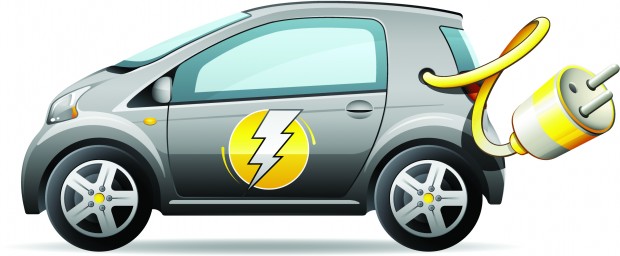 There are several fast charging facilities for different cars along the E22
There are several fast charging facilities for different cars along the E22
and national roads leading towards Karlskrona from Stockholm, Gothenburg and Malmö/Copenhagen. Find the most recent information about charging locations on the website ’uppladdning.nu’.




